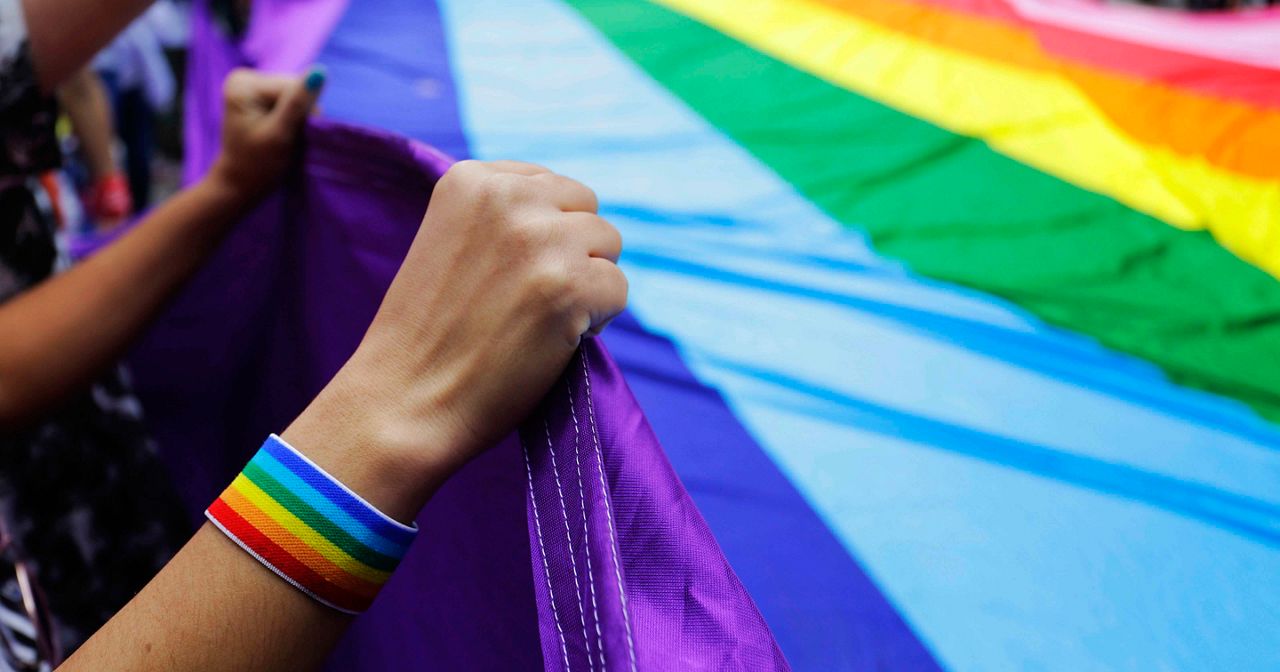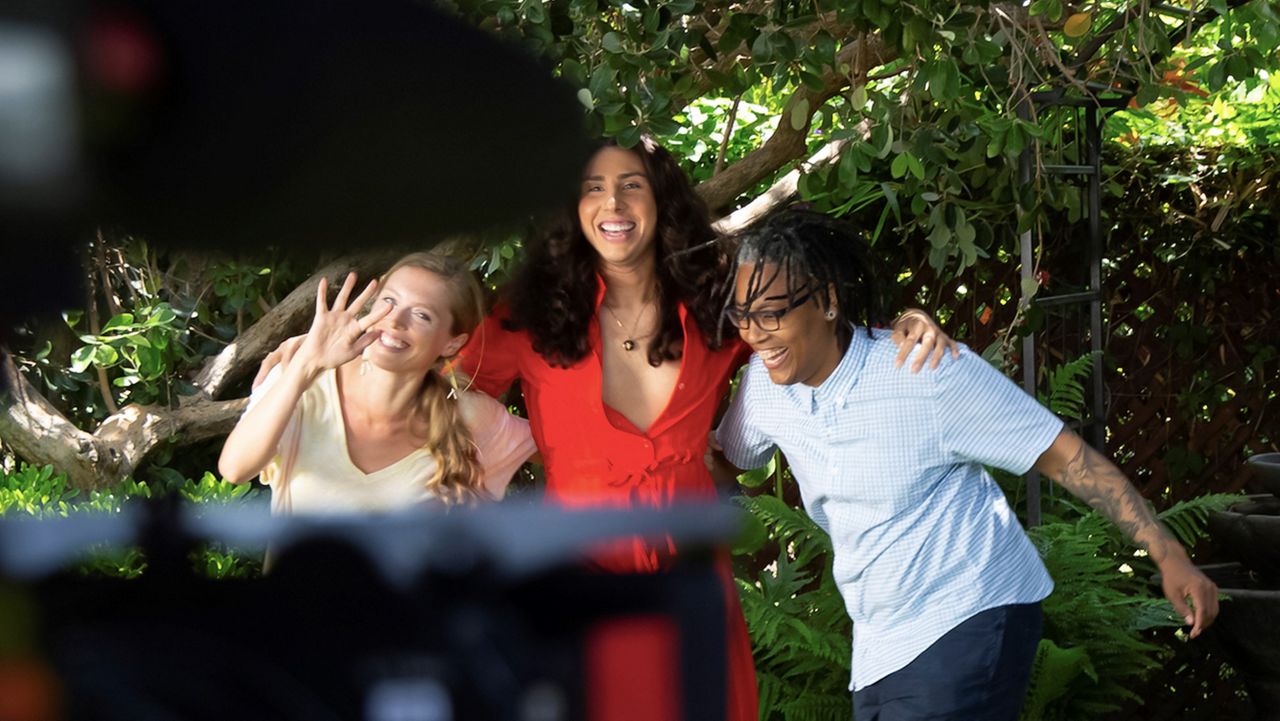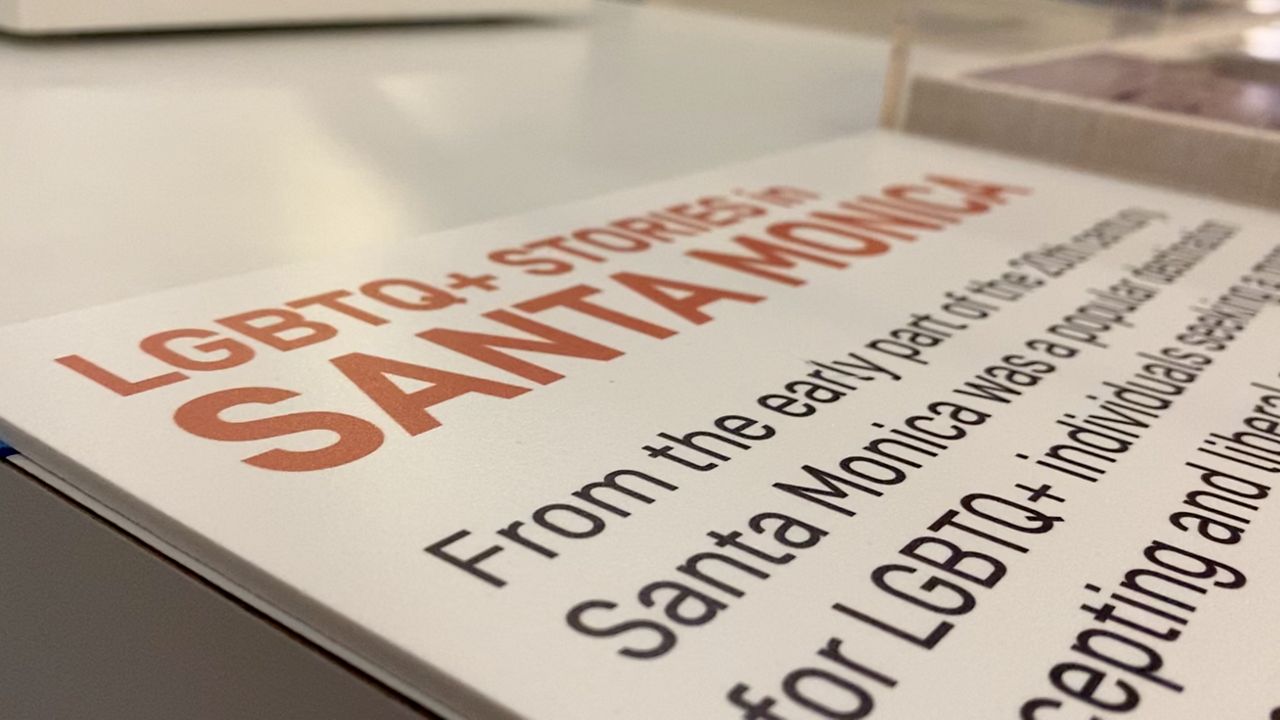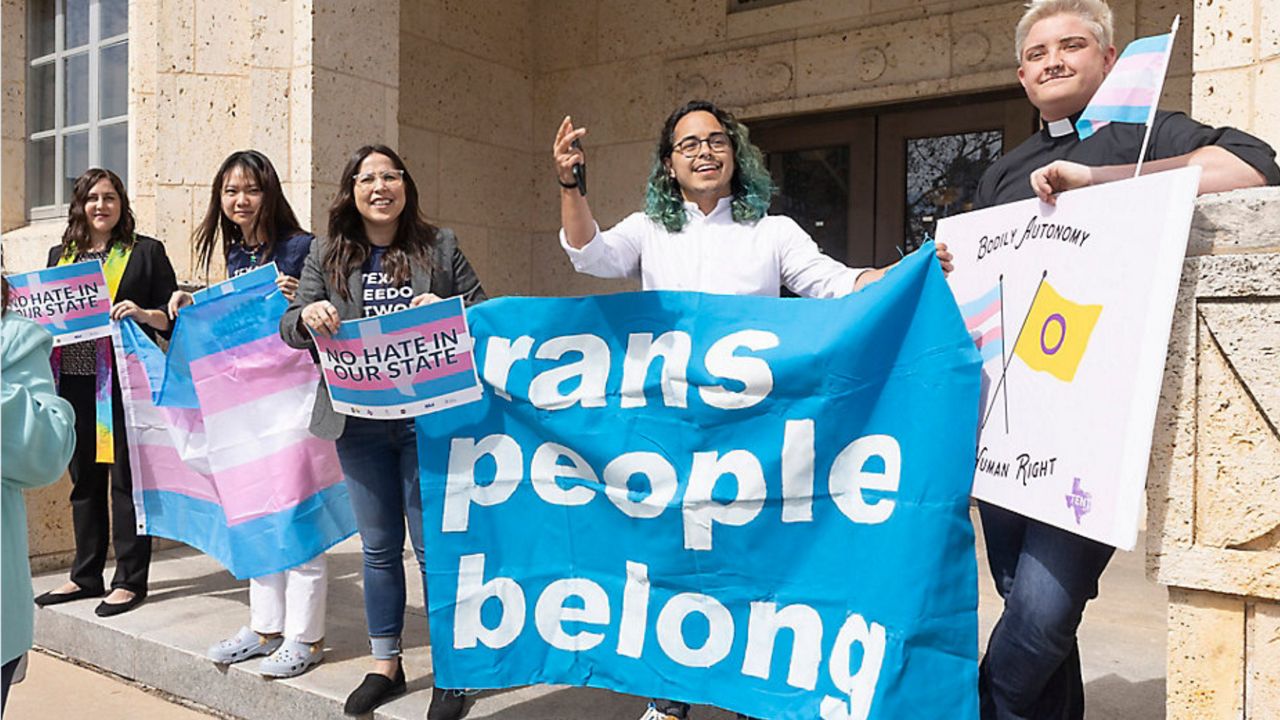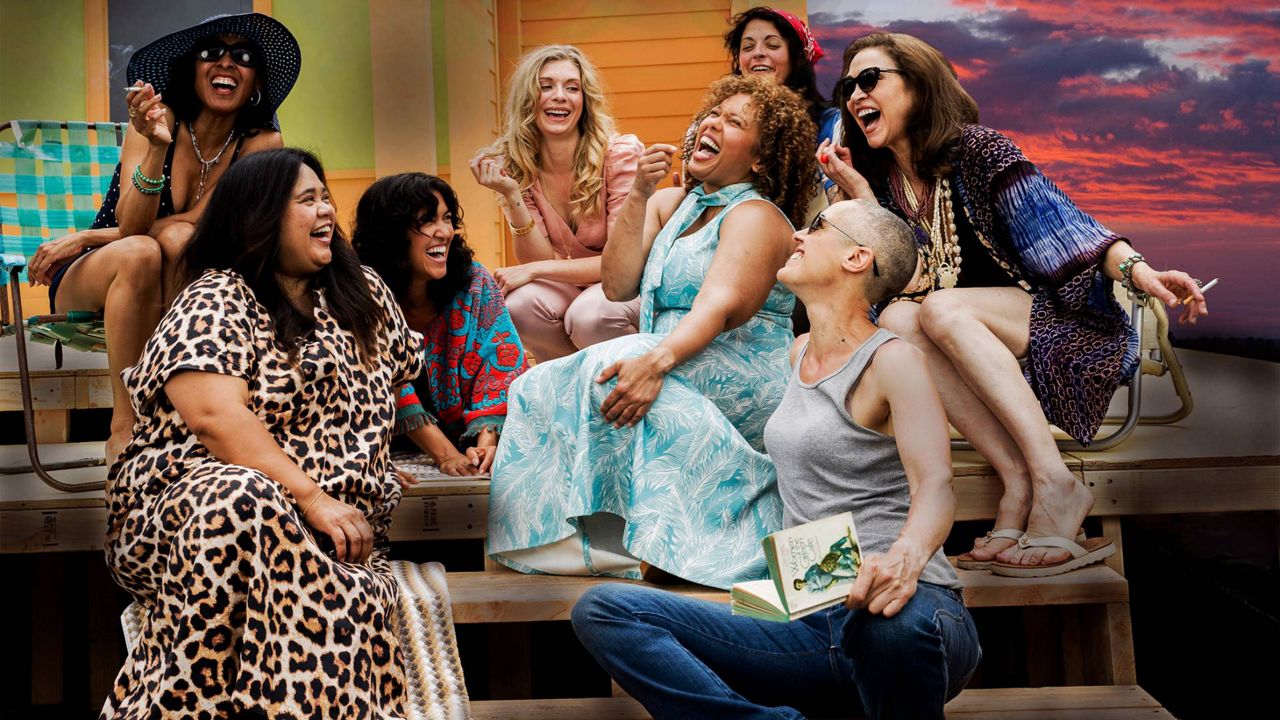LOS ANGELES (CNS) — An intersection in downtown Los Angeles will be dedicated Thursday as Cooper Do-Nuts/Nancy Valverde Square in recognition of the establishment that played a pivotal role in the LGBTQIA+ community’s struggle for equality during the 1950s and the LGBTQIA+ activist.
The 91-year-old Valverde is set to attend the 9 a.m. ceremony at the intersection of Second and Main streets, despite her frail health during her hospice care, according to Pete Brown, the communications director for City Councilman Kevin de León, who introduced the motion naming the intersection Cooper Do-nuts/Nancy Valverde Square.
Family members associated with Cooper Do-Nuts are also set to attend.
Cooper Do-nuts, which was located at 215 S. Main St., distinguished itself as a safe space for the LGBTQIA+ community, according to the motion.
Despite the neighboring businesses, a strip of bars known as “The Run,” catering to gay men, gender non-conforming individuals, were often excluded from these establishments for fear of the bars losing their liquor licenses as a result of Municipal Ordinance No. 5022, a citywide ban on cross dressing between 6 p.m. and 6 a.m.
Cooper Do-nuts, however, remained a safe haven for all members of the queer community regardless of gender presentation.
Many also claim Cooper Do-nuts was the site of the first LGBT uprising, occurring in May 1959 after Los Angeles Police Department officers attempted to arrest two drag queens and two gay men suspected of sex work and were met with a barrage of spoons, coffee cups, donuts and coffee thrown by Cooper Do-nuts patrons, forcing the officers to leave without making the arrests.
News of the incident spread throughout “The Run,” prompting angry Angelenos to fill the streets to protest this particular injustice and the ongoing discrimination endured by the queer community in Los Angeles.
Valverde and her friends Audrey Black and Delores Newton were students at Moler’s Barber College at 265 S. Main St., a few doors south of Cooper Do-nuts, which quickly became Valverde and her friends’ regular spot.
As a masculine presenting woman, Valverde was routinely arrested for violating Ordinance No. 5022 and thrown into the Lincoln Heights Jail in a section known derisively as the Daddy Tank, reserved for women suspected of being lesbians.
Determined to address this discrimination, Valverde, with the help of a clerk at the Los Angeles County Law Library, found rulings that supported her defense that wearing men’s clothing was not a crime. Valverde informed her lawyer, Arthur Black, of what she learned and he was able to use these findings in her defense.
Valverde’s tenacity and perseverance led the way to ending laws targeting LGBTQIA+ individuals, particularly gender non-conforming persons, in Los Angeles.






